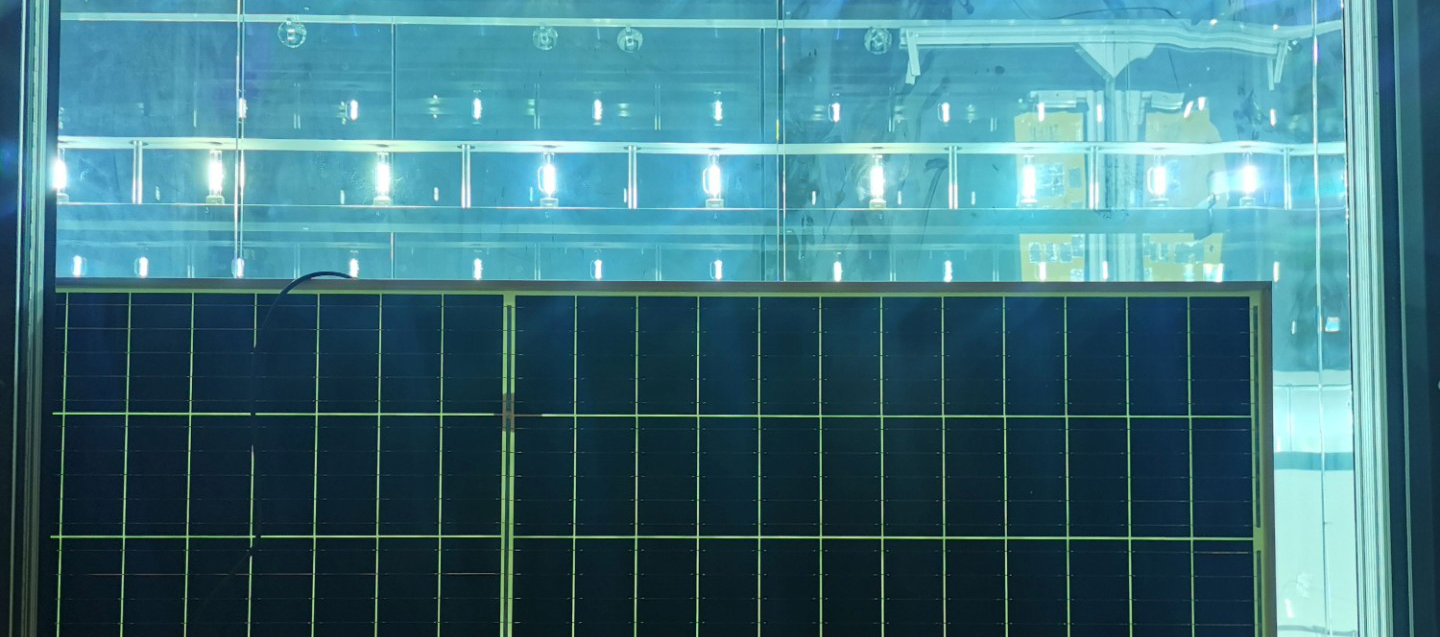Motivation and Problem
How can current solar modules be further improved? Until now, the service life of a photovoltaic module has been estimated at 25 years. However, recent field studies have already revealed obvious changes in material properties after just a few years (4-8), such as cracks in the backsheets of PV modules or delamination of individual layers of the backsheets. Since these backsheets protect the solar cell from environmental influences such as moisture and other pollutants and serve to provide electrical insulation and mechanical stability, such defects are associated with safety risks and yield losses.
Back sheets are made from various materials such as polyamides, polypropylene, polyvinylidene fluoride, or polyethylene terephthalate and are exposed to a combination of stress factors. They must withstand temperature cycles, moisture, light (especially the UV component of sunlight), and other influences such as salt, dust, or high electrical system voltages. The current testing standards do not adequately cover these environmental stresses.
 Fraunhofer Center for Silicon Photovoltaics CSP
Fraunhofer Center for Silicon Photovoltaics CSP
